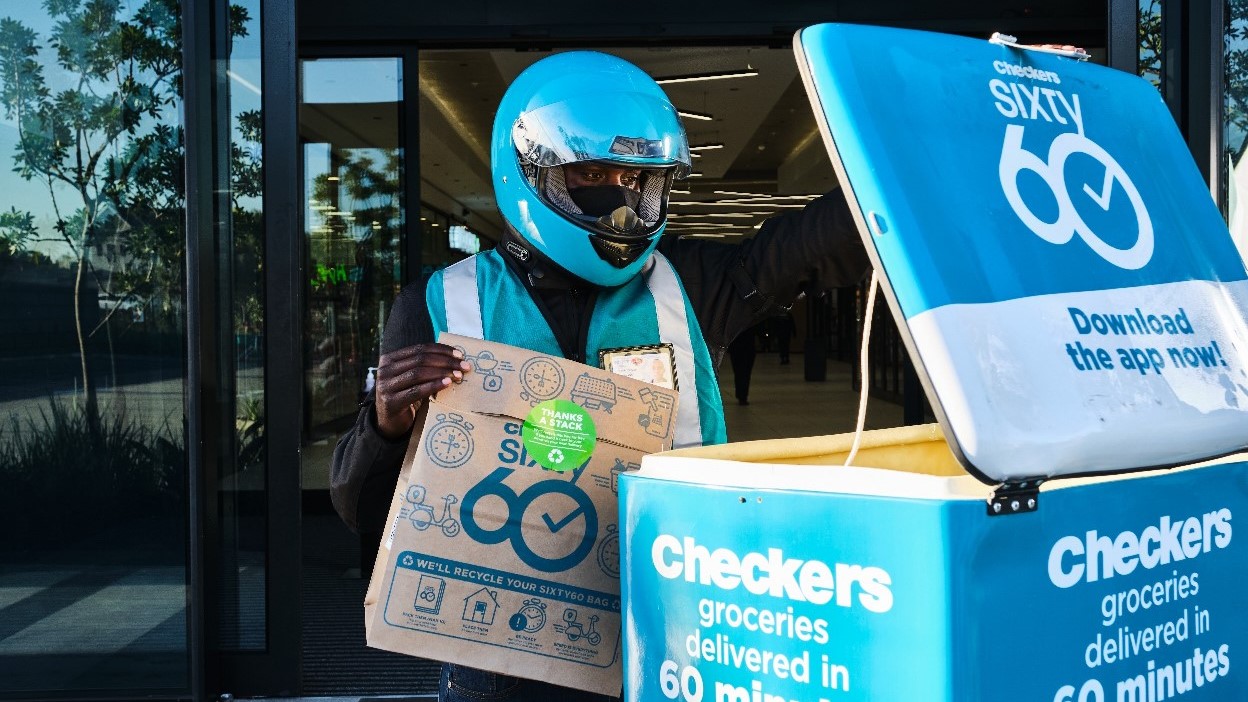Business
Challenges Facing Checkers Sixty60 Drivers in South Africa: Low Pay, High Costs, and Job Insecurity

The Financial and Legal Struggles of Checkers Sixty60 Drivers in South Africa
Checkers Sixty60, Shoprite’s popular grocery delivery service, has transformed how South Africans shop for essentials. But behind the scenes, Sixty60 drivers face numerous financial and legal challenges, struggling to make ends meet under an independent contractor model that places the burden of expenses on their shoulders.
Income vs. Expenses: A Tough Reality for Sixty60 Drivers
A typical Checkers Sixty60 driver in South Africa earns about R7,600 per month, but the reality is far from straightforward. With daily minimum fares of R350, a driver’s monthly income quickly dwindles after operational costs like fuel and motorbike rentals.
- Fuel Costs: Sixty60 drivers pay about R3,200 monthly for fuel, reducing their income significantly.
- Motorbike Rentals: Weekly rental fees for motorbikes average R400, adding up to R1,600 each month.
After these expenses, a driver’s net income often drops to around R2,800. This figure can be even lower when Pingo, the logistics arm handling Sixty60 drivers, removes the R350 minimum daily guarantee—a decision that has led to strikes and protests from frustrated drivers.
Independent Contractor Status: Limited Benefits and Security
Shoprite’s decision to classify Sixty60 drivers as independent contractors, rather than employees, means they are not entitled to benefits like health insurance, paid leave, or job security. Instead, these drivers work under Pingo, a company recently acquired entirely by Shoprite after Competition Tribunal approval. Critics argue that this setup allows Shoprite to sidestep responsibility for driver welfare.
Democratic Alliance MP Michael Bagraim has criticized this model, highlighting the lack of protections that make drivers more vulnerable. As independent contractors, drivers must maximize their hours on the road to make a living, often creating risky working conditions.
Heightened Scrutiny of Foreign Workers in the Delivery Sector
Adding to the challenges, the South African government has increased scrutiny on the employment of foreign nationals in high-risk sectors like retail and delivery. Minister of Employment and Labour, Nomakhozana Meth, has pledged to intensify inspections, aiming to address the alleged over-reliance on foreign workers in these sectors.
This regulatory pressure has already led to joint inspections by the Department of Home Affairs and law enforcement agencies in the restaurant industry, resulting in fines and dismissals for undocumented workers. Delivery platforms like Sixty60 may soon face similar inspections, creating additional job insecurity for foreign nationals working as drivers.
A Growing Market with Growing Concerns
While the demand for on-demand grocery delivery services is rising in South Africa, the drivers powering these platforms are often left with minimal financial gains and face uncertain futures. Checkers Sixty60 drivers represent a vital but vulnerable part of the economy, impacted by low pay, high expenses, and limited job security.
The question remains: Will the popularity of grocery delivery platforms like Sixty60 lead to improved conditions for the drivers, or will these financial and regulatory pressures continue to weigh heavily on their shoulders?















